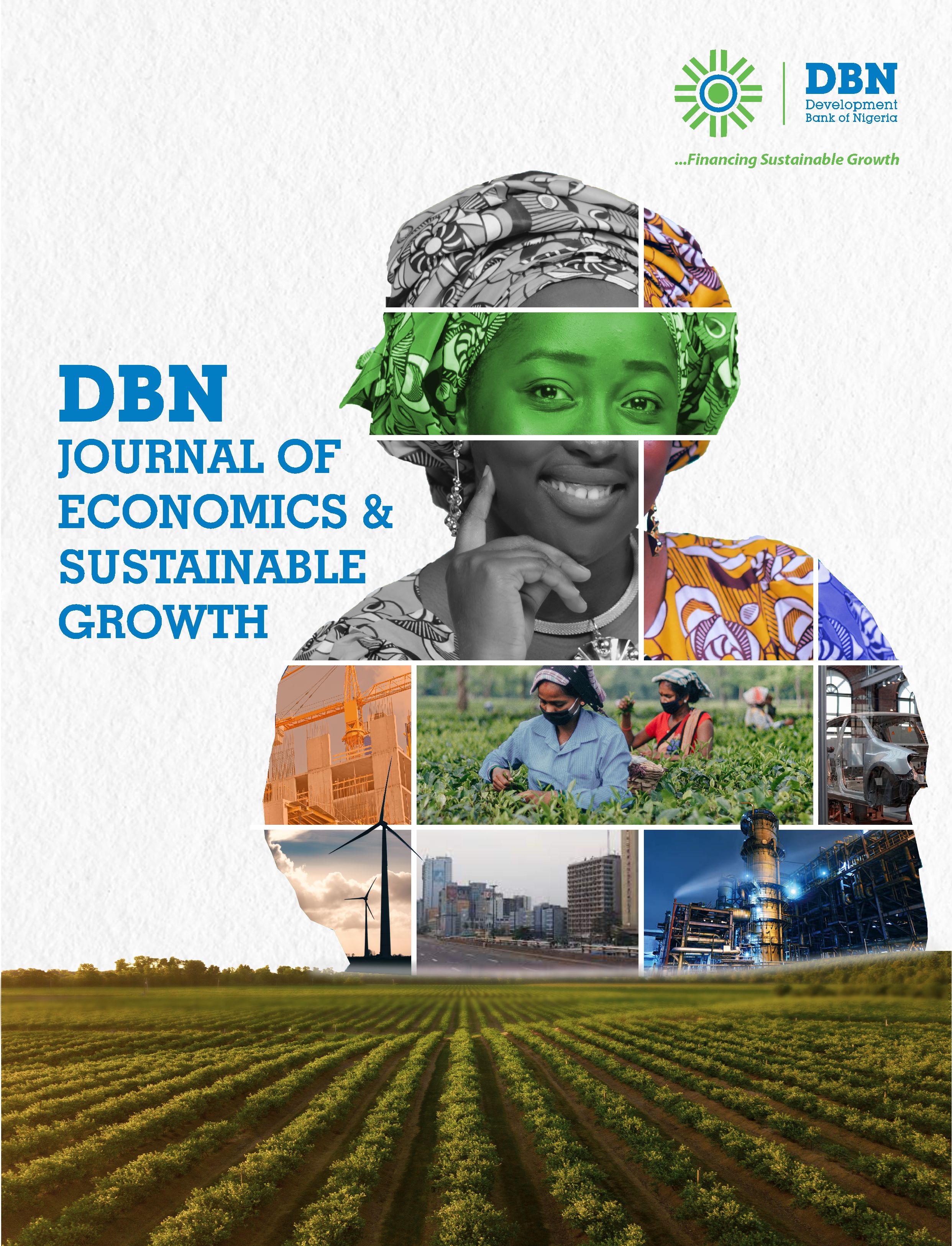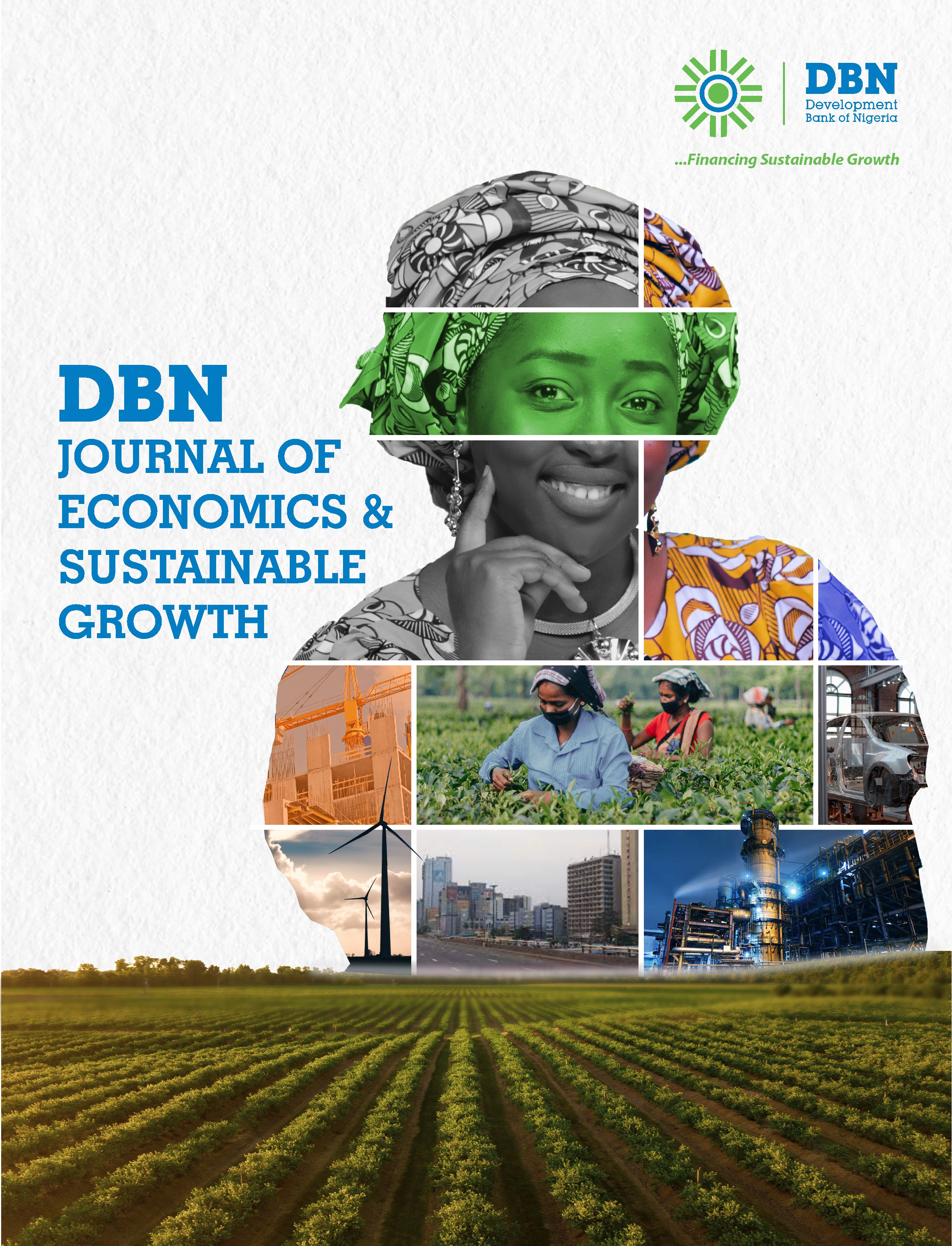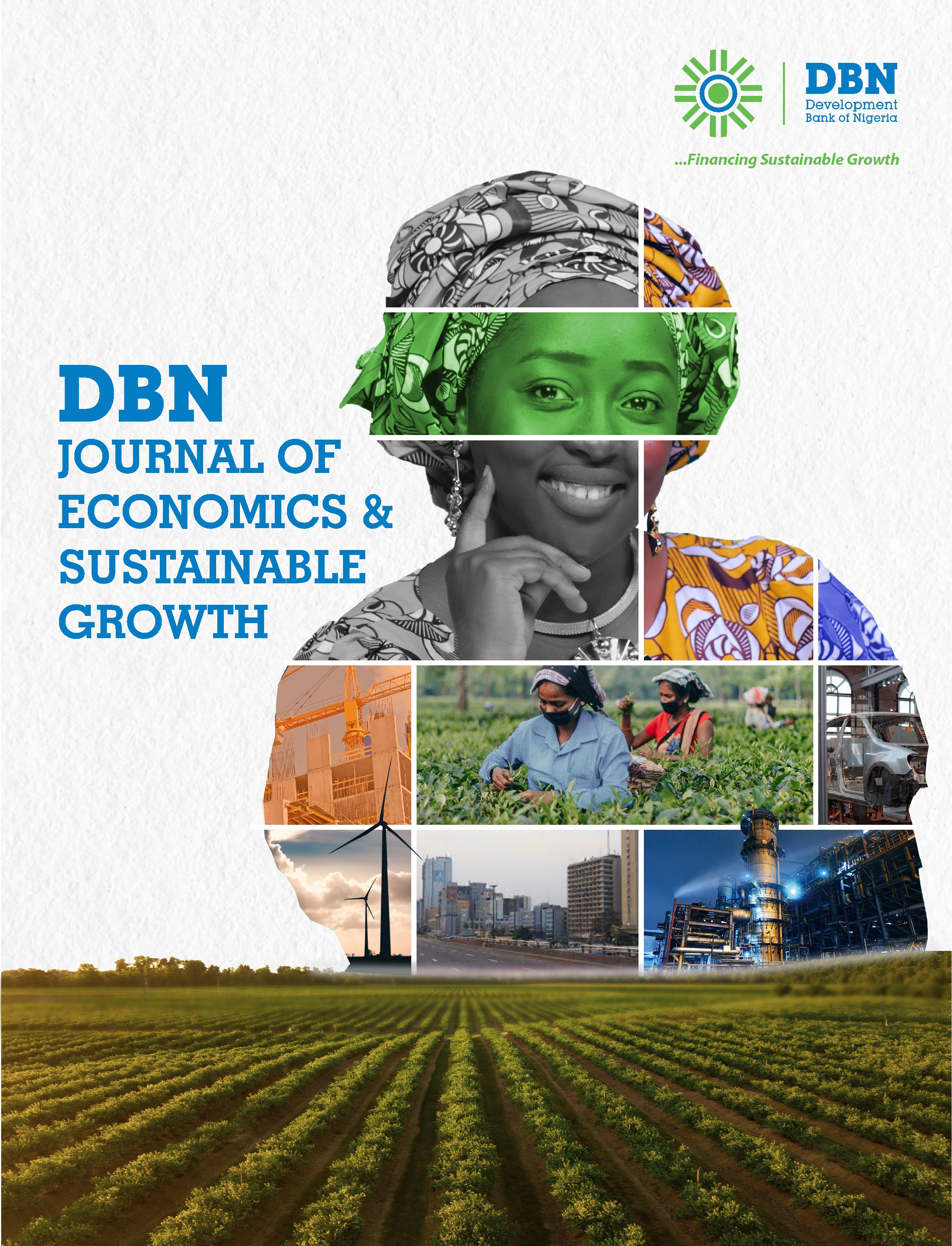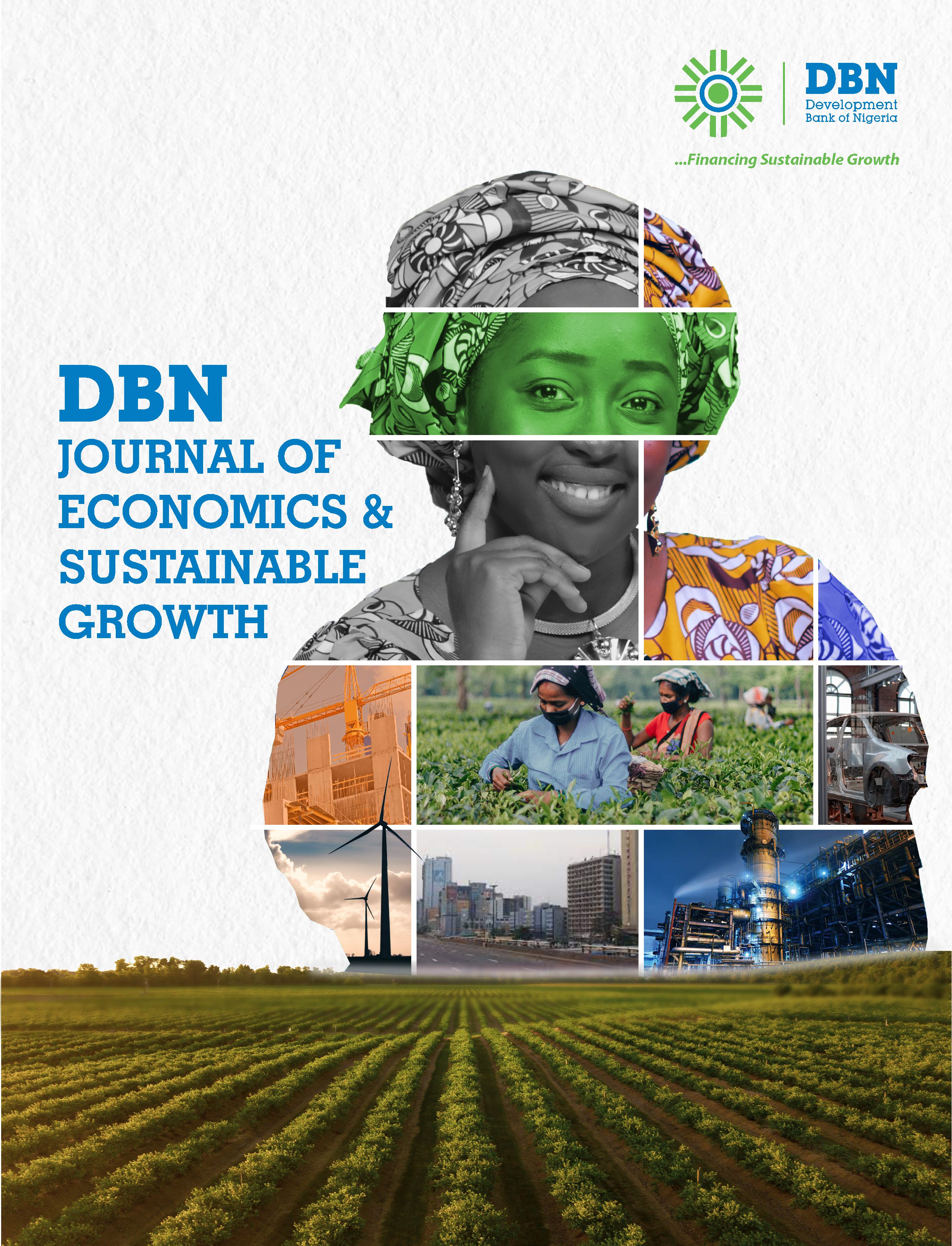
Publication Information
Published by: Admin
Published: 2 years ago
View: 251
Pages: 16
ISBN:
Abstract
The paper investigates inclusiveness and growth in Nigeria by re-examining Okun’s law using Threshold Regression Analysis. We found an inverted U-shaped relationship between unemployment rate and growth rate in Nigeria. A threshold figure of 4.2 percent of growth rate was established. The result shows that below growth rate 4.2 percent in the country, growth rate becomes non inclusive, as increase in growth rate increases unemployment rate. However, growth rate at and above 4.2 % reduces unemployment rate in the country, an indication of inclusiveness. This would mean that the desired quest for inclusiveness can be achieved with sustained high growth rate in the economy. It is therefore recommended that the government should target a growth rate of at least 4.2 percent to achieve inclusiveness in the economy. Factors like good governance, infrastructural development, heavy investment in human capital development, financial development and strong institutions will be important in achieving improved and sustained growth (Ayeni and Afolabi (2020)).
Related Publications



